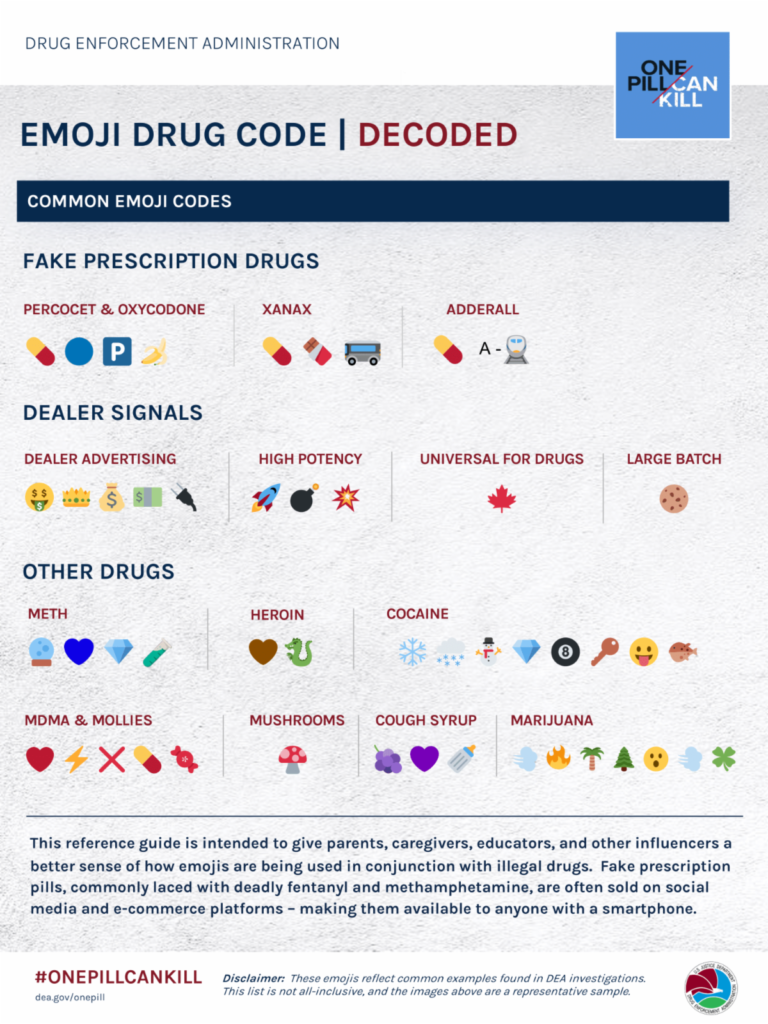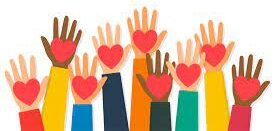The fact that marijuana and cannabis products are increasingly legal doesn’t mean that using marijuana is without risk. For example, marijuana use is the primary reason young people enter substance use treatment. High levels of THC, which is the chemical in marijuana that most affects the brain, has been linked to a variety of mental health problems. Finally, marijuana is the drug most often found in the blood of drivers involved in car accidents.
In Partnership to End Addiction’s latest video, recovery advocate and mother Carleah Summers provides all the details parents and family members need to know about marijuana – what it is, how it works and the negative affects that could result from using it.
For more information on marijuana and cannabis products and their associated risks, visit these Partnership to End Addiction resources below:
- WEB: Marijuana Resource Center – This hub brings together all of our most relevant information for parents and family members to explore.
- WEB: Marijuana: What You Need to Know to Help Protect Children, Teens and Young Adults – Check out this deep dive into the details around why kids use marijuana, what the effects can be and what long-term risks exist.
- PDF: Marijuana Talk Kit – What parents need to know to talk with their teens about marijuana.
DEA Laboratory Testing Reveals that 6 out of 10 Fentanyl-Laced Fake Prescription Pills Now Contain a Potentially Lethal Dose of Fentanyl
The DEA Laboratory has found that, of the fentanyl-laced fake prescription pills analyzed in 2022, six out of ten now contain a potentially lethal dose of fentanyl. This is an increase from DEA’s previous announcement in 2021 that four out of ten fentanyl-laced fake prescription pills were found to contain a potentially lethal dose. Read more.
What Every Parent and Caregiver Needs to Know About Fake Pills
The drug landscape is dramatically different from when you grew up, or even from just a few years ago. All parents and caregivers need to be educated on current drug threats to be able to have informed talks with their kids. Read more.
Buying Drugs Online – What You Should Know & How to Protect Your Kids
Where are kids getting drugs? Twenty years ago, the answer to this question would only have been: from classmates at school, from friends at a party, or from a medicine cabinet. Fast forward to today and you’ll find that young people are also getting drugs online, perhaps now more than ever. Read more.

7 Ways to Help Kids Manage Anxiety
(On Our Sleeves)
If your child is feeling anxious, like most other aspects of mental health, there are skills that can be learned to help manage these feelings and prevent them from interfering with life. Many of these skills are things we should learn to also manage daily life stressors. In general, the goal is not to eliminate anxiety altogether, but to help kids learn to manage their experience and get through a difficult situation or to see things in a more balanced way.
Here are seven suggestions for parents and caregivers to help kids manage anxiety:
- Be accepting of a child’s concerns, but try to gently correct misinformation about a situation and give them encouragement.
- Don’t avoid all things that cause a child anxiety.
- Be accepting of their feelings.
- Teach them to evaluate the evidence.
- Don’t lead them to anxiety.
- Model healthy ways to manage anxiety.
To read more and find Activities for Anxiety to Help Kids, click here.
Volunteer Opportunities
There are a variety of volunteer opportunities at awesome nonprofits throughout Westchester and Putnam Counties. To view these opportunities, please check out Volunteer New York!
Upcoming Events and Webinars
Weekly Spotlight Family Support Groups
From our partners at Drug Crisis in Our Backyard, weekly Spotlight Family Support Groups, held virtually every Tuesday and Wednesday via Zoom. Spotlight on Recovery is a Family Educational and Support Group for families struggling with a loved one misusing substances. For more information, click here.
The Parent Support Network
The Parent Support Network is a program of The Youth Mental Health Project that seeks to provide support for parents and guardians who are concerned about the mental health of their children (ages 1 -25) through confidential, peer-to-peer meetings. For a list of upcoming virtual meetings, click here.
March 9: Communication Do’s and Dont’s
Understanding how mental health impacts thinking and behavior helps to reduce frustration & stress, and improves outcomes for everyone. Register now.
March 11: An Invitation to Change
A holistic helping framework based in science and kindness, designed for the families and loved ones of people struggling with substance use. Learn skills to create an environment where change is more likely to happen, sustaining and caring for yourself along the way. Register now.
March 14: Behavior Modification: Shaping Youth Behavior
Dr. Crystal Collier joins Operation Parent again to train parents, clinicians, and educators on behavior modification. The webinar will go over theories and tools to combat negative and risky behaviors like acting out, cell phone overuse, excessive gaming, substance use, and more. Register now.
March 16: KNOW2Prevent: When Mental Health and Substance Use Collide
Learn more about the relationship between mental health and substance use as well as social media’s part in influencing behaviors. Register now.
March 16: Virtual Overdose Prevention Training
Naloxone is a prescription medicine that reverses an overdose by blocking heroin or other opioids in the nervous system for 30-90 minutes. Naloxone is administered by injection or intranasal. Following training, participants receive a kit by mail. Presented by our partners at Drug Crisis in Our Backyard. Register by email: ssal@drugcrisisinourbackyard.com
March 20-26: National Drug & Alcohol Facts Week
Delve into the science of drug use, the importance of mental health, and much more. Follow us on social to stay up-to-date!
March 23: Creating a Low Stress Environment
Learn strategies to create and maintain a low-stress environment, identify & respond to ‘red flags’, and communicate in times of crisis. Register now.
Please visit the ASK calendar here for more upcoming events and follow ASK on social media!

